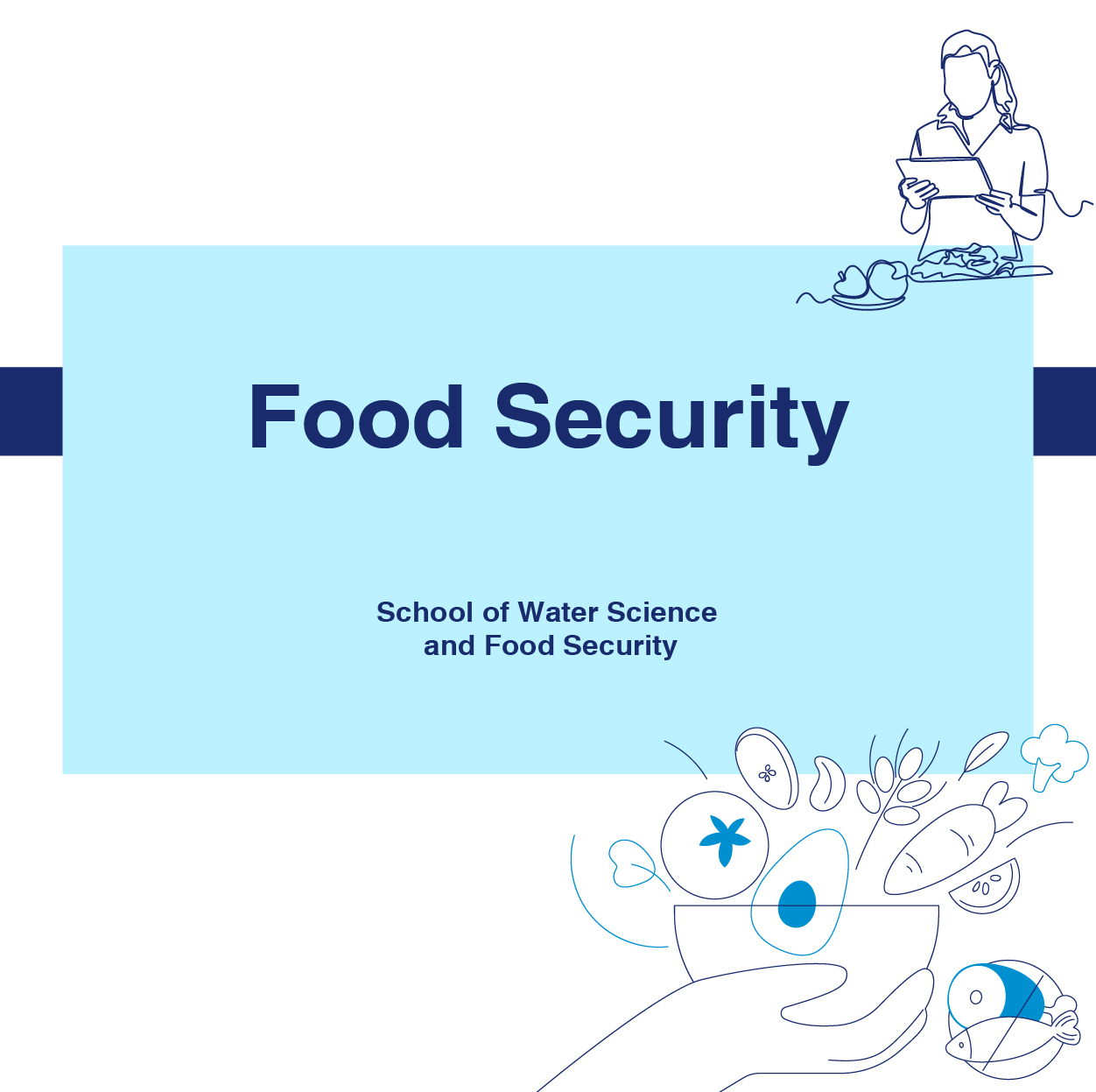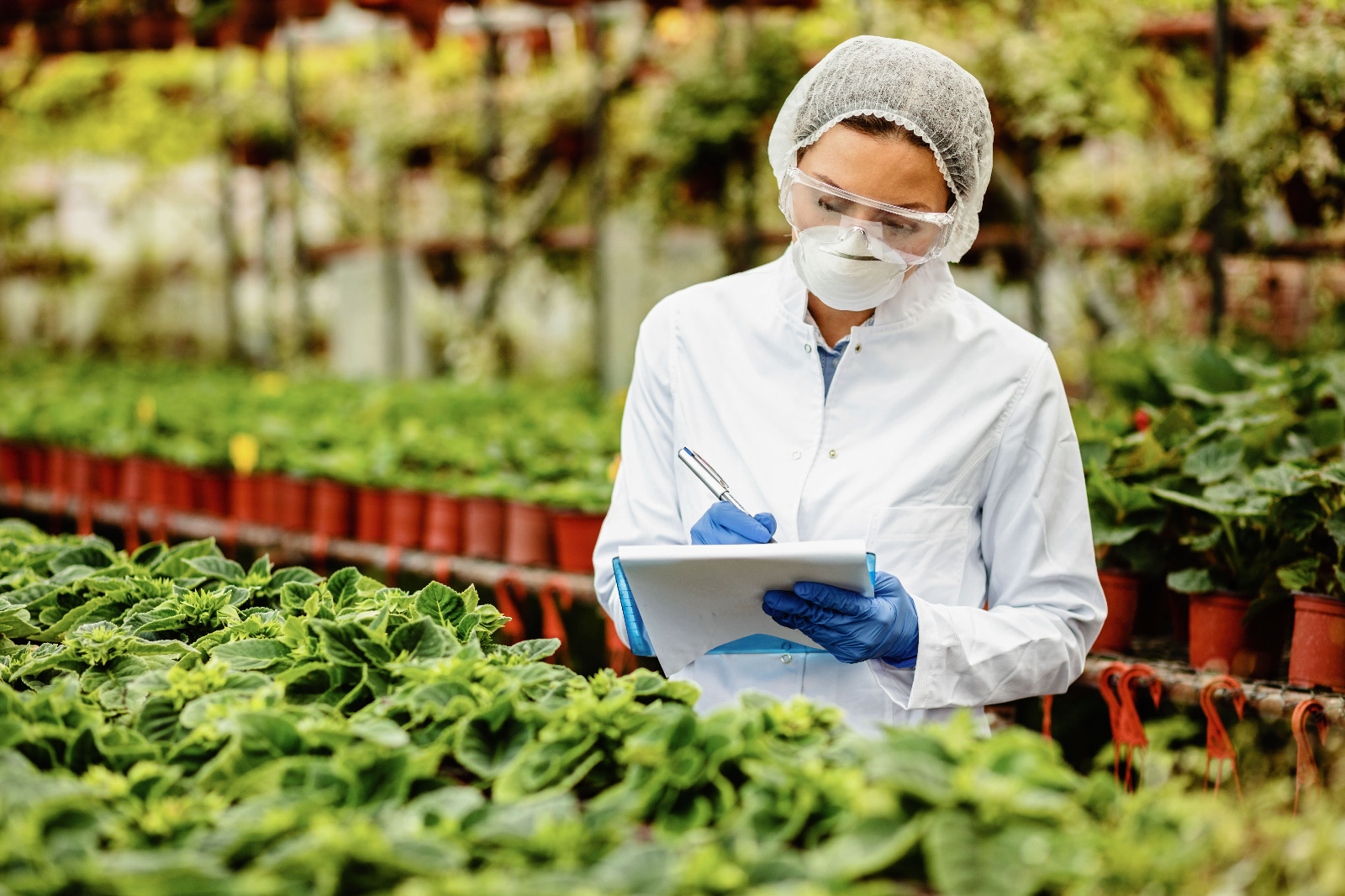
Food Security
About the Program:
In this program, students will have the opportunity to understand and develop the relationship between food, its various sources, and public health, while exploring the scientific, technical, administrative, political, and regulatory factors that affect not only food security but also food quality, safety, and food processing.
Mission of the Program:
Preparing professional cadres at a scientific and technical level that keeps pace with ongoing scientific and technical developments and meets the requirements of the labor market in the field of food security, food safety and technology, and sustainability, and achieving effective community participation in national and regional projects, as well as implementing research plans that contribute to attaining sustainable development goals and boosting the national economy, in light of international standards and the core values of Nile University.

